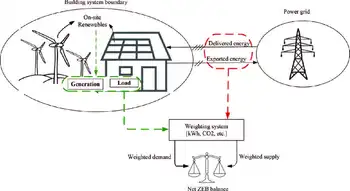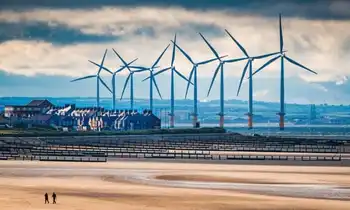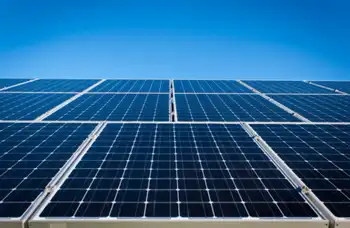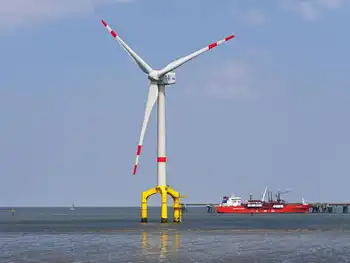Cruise ships plug into clean power
VANCOUVER - - Over the last several years, BC Hydro and Vancouver Fraser Port Authority have worked together to take advantage of shore power. You might be asking yourself what is shore power and why does it matter?
It matters because shore power, also known as “cold ironing,” not only reduces fuel costs, but also reduces harmful emissions and noise. Shore power enables ships to turn off their diesel engines and connect to local electric power that travels to the ship from a specially designed transformer at the dock.
Shore-based, clean BC Hydro electricity then runs all onboard services during the day-long calls. A fair and competitive electricity rate is set to provide shore power at a predictable unit electricity cost, which is vital to adoption of the technology.
To put the reduction in emissions into perspective, since its inception in 2009, the shore power project has reduced greenhouse gas emissions by 14,000 tonnes, equivalent to taking 3,000 vehicles off VancouverÂ’s roads for one year.
ItÂ’s obvious to anybody casting their gaze towards Vancouver harbour and Canada Place at this time of year that cruise ship season is in full effect. With more than 230 cruise ship calls annually, it just makes good environmental and business sense to use shore power.
The Shore Power Project has proven so successful that Vancouver Fraser Port Authority is working to expand it beyond the cruise ship industry to commercial vessels. The installation of shore power facilities for container vessels at Deltaport and Centerm is targeted for completion in early 2017, and it will allow container vessels with shore power capability to connect and reduce their per-visit greenhouse emission impact by an estimated 75 tonnes per ship.
In April, BC Hydro announced that 98.3 per cent of the power generated last year was from clean or renewable resources. ThatÂ’s the highest percentage in the last 10 years.
Using technology and innovation is key to continuing this trend in a changing energy landscape.
Jessica McDonald is president and CEO of BC Hydro
Related News

Can Canada actually produce enough clean electricity to power a net-zero grid by 2050?
TORONTO - By Merran Smith and Mark Zacharias
Canada is an electricity heavyweight. In addition to being the world’s sixth-largest electricity producer and third-largest electricity exporter, Canada can boast an electricity grid that is now 83 per cent emission-free, not to mention residential electricity rates that are the cheapest in the Group of Seven countries.
Indeed, on the face of it, the country’s clean electricity system appears poised for success. With an abundance of sunshine and blustery plains, Alberta and Saskatchewan have wind- and solar-power potential that rivals the best on the continent. Meanwhile, British Columbia, Manitoba, Quebec, and Newfoundland and Labrador…




